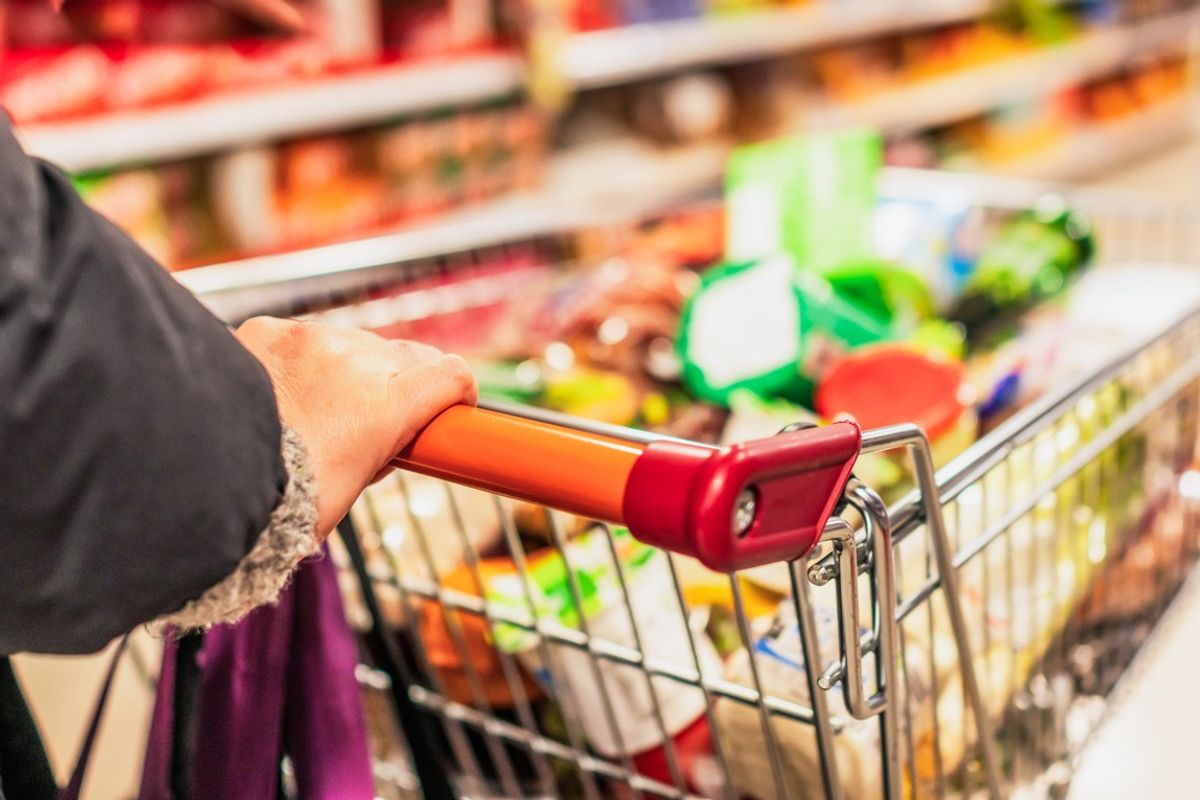Key summary
- Consumer expectations for the UK economy and personal finances have deteriorated
- Spending on groceries is expected to climb in the coming months
- Rising inflation, particularly for food, has put pressure on personal finances
Consumer expectations for the UK economy and personal finances have deteriorated, but spending on groceries is expected to climb in the coming months, according to new data from the British Retail Consortium (BRC) and Opinium.
The BRC-Opinium Consumer Sentiment Monitor for July reveals a bleaker outlook for the economy, with consumer expectations for the next three months falling to -33, down from -28 in June. Personal financial expectations also declined, slipping to -7 from -5 in the previous month.
Despite this dip in confidence, consumers expect to spend more - particularly on groceries. Anticipated personal retail spending rose to +3 in July (from +2 in June), and overall personal spending increased to +16 (from +12). Grocery-specific data shows a marked uptick in spending expectations, reaching +27 in July — the highest monthly figure since April, and the only category with a positive sentiment.
“With the UK economy shrinking for the second consecutive month, it is little surprise that consumer confidence fell in July. Rising inflation, particularly for food, has put more pressure on personal finances, increasing the cost of living. This has caused spending expectations to rise, particularly for groceries, as households anticipate higher prices at the till,” Helen Dickinson, Chief Executive of the BRC, said.
The BRC also warned that continued inflationary pressures on retailers could be exacerbated by government policy.
“Despite fierce competition between retailers, retail inflation has risen steadily over the last nine months as a result of the Chancellor’s last Budget, which significantly increased employment costs. Further tax rises hitting the retail industry at the next Budget would likely fan the flames of inflation as retailers are forced to increase prices,” Dickinson said, urging the government to act decisively to ease the pressure on both households and retailers.
“The chancellor has the opportunity to support households and high streets: the proposed business rates reforms could make the system fairer, provided government ensures that no store pays more as a result.”


